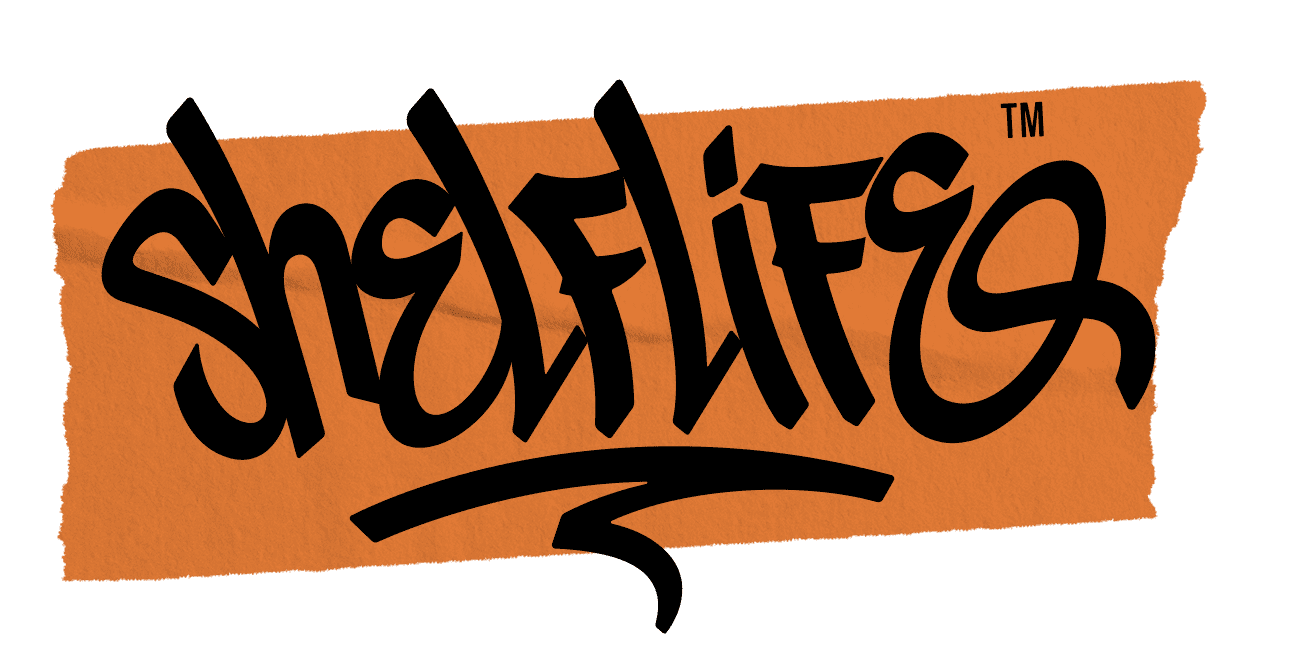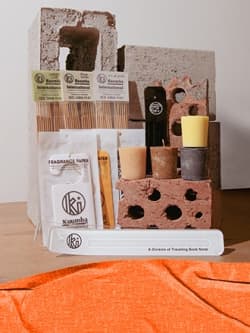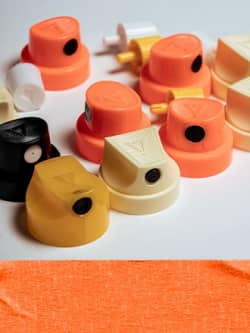Avoiding Fakes with goVerify

Not everyone was lucky enough to cop a pair of the Off-White VaporMax or Yeezy Desert Rat a couple of weeks ago. Actually, most took an L. So if you’re looking for your pair of Kanye or Virgil's sought-after sneakers on the resell market, just be careful not to take another L and spend all your money on fakes. Luckily, we have goVerify to help us.
goVerify is a website that helps people spot fake sneakers on marketplaces like eBay, Gumtree, Amazon, Alibaba, etc. They also provide other services to help people deal with fakes, like directing shoppers to legit stores and giving them a place to report fakes that they spot. The company was founded in Cape Town in 2015 and has hundreds of thousands of users in almost every country in the world. We were lucky enough to catch up with Damian from goVerify to anwer some of our questions. 
How did the goVerify service start?
About 5 years ago, while working for a luxury goods company, I found out that they had a huge problem with counterfeiters selling knockoffs online. I came up with an idea for an app that brand fans could use to report these “fakes” they spotted and get paid a reward for doing so; it would be a win for the brands and for the fans. I drew up wire frames (sketches of the app) and presented it to a few brands… they loved it. The next step was to find a techie who could build websites and mobile apps who also loved the idea; it’s no good if your business partners don’t also find the problem interesting. I had met my partner Richard many years before through work. I pitched goVerify to him and he was in right away. We launched the first version of the goVerify website in 2015.
Why did you feel the need to start the service?
We had no real idea if the service was needed but we decided to give it a shot and see what happened. Also, I was tired of working for other people, I wanted my own business that was doing something cool. Cliché I know, but true. The cost of launching tech startups these days is so low that you can test an idea out with very little overhead in a short space of time. Once we launched, the fans started to arrive in the thousands, from every corner of the world, we have users from almost every country except maybe Sudan I think. The first version we launched covered lots of products, from watches and headphones to sneakers and handbags. The sneaker category was by far the most popular so we decided to focus on that. I met up with Nick from Shelflife to find out how big the fake sneaker issue really was; he was all over it. Shelflife was the key for us, a massive supporter of goVerify. Everyone felt there was a need for a dedicated counterfeit/knockoff spotting service.
How exactly does the service work? What do you guys do exactly?
We have a website on which we have guides detailing all the most popular sneakers from top brands, these that are the most susceptible to counterfeiting. We charge $2 for each guide which has about 20-30 step-by-step points on what to look out for. It takes us about half a day to create each guide; we have to collect sneakers, shoot 20-30 photos in our studio, then write descriptors for every photo… it takes a lot of reseach and time to get right.
Is goVerify just for consumers?
Consumers are our favorite customers; they are so passionate - but we also have a business service for brands and marketplaces, to help them identify fakes online. They hate fakes too, despite what some consumers think.
So how about some advice, any red flags for sneaker fans to look out for when shopping for sneakers?
Some of the red flags I’d say are:
• no receipt (watch out, there are some fake receipts floating around)
• a box that is hopelessly damaged… or no box at all
• sellers that use Google (or brand images) that aren’t their own
• items that are described as “unwanted gift”
• sellers that only use 1 or 2 photos or photos that are hard to see (blurry or dark)
• None of these things mean conclusively that the item is fake but they do mean – have a closer look.
Some tips for buying online from resellers?
When it comes to resellers the most important thing is reputation and how serious they are. If you come across a reseller online, or someone who says they are, the most important place to start is the website itself. Do they have a good selection of current drops, have they been around for a long time, does the site look nice and neat. Then look at their shipping and payment options; do they offer credit card, PayPal, etc. Their customer service has been one of the most important things for me; will they take returns, do they reply promptly to your questions, that kind of thing. Also try find someone who has shopped from them before and get their feedback. If the reseller does not have all the relevant social media accounts and you can’t find a shopper that has used them before maybe pass that reseller and find another one.
Which future sneakers do you anticipate to be heavily faked?
There is little question about Yeezys, anything Yeezy is counterfeited like crazy, so always take extra care when shopping for them. The Off-White products are being faked heavily, there are a bunch of drops coming this year. If it’s hyped it will be faked, so if the Instagram accounts or news feeds you follow start telling you about a big drop coming up, then take it for granted the fakes will come out... sometimes even before the drop.
Interesting legit check stories?
There have been loads of interesting stories: sketchy websites contacting us, copying our guides, arguing with us… we had to contact authorities to shut them down, mostly behind the scenes stuff. I suppose the most interesting story for your readers revolves around a very well known reselling website from America. Lets just say it’s one of the biggest sites out there. A customer of theirs contacted us to say they thought the sneakers they purchased from this site might be fake and would we be able to do a legit check for them. We did the legit check and provided an official certificate from goVerify to say the item was fake, which it certainly was without a doubt. The website in question refused to accept the situation and confronted our client; when the client referred them to us, the website went silent. There was a heated amount of back and forth but I’ll skip that part out. The story being that even the most trusted sites have problems with fakes.
Any last comments?
We hope to make our guides free one day, but for now it’s a really expensive process for us so we need to charge for our services in order to keep going. We hope your readers find value in what we are doing.
The Shelflife team want you to avoid fakes at all costs. To prove this, we've teamed up with goVerify to hook you up with a coupon that'll give you FREE ACCESS to the goVerify website. Use the code "SLgoVerify1" to acess their in-depth legit check guides for free - redeemable before 31 May.
Below you can see previews of the goVerify guide photos for the Off-White VaporMax and Yeezy Desert Rat.

















